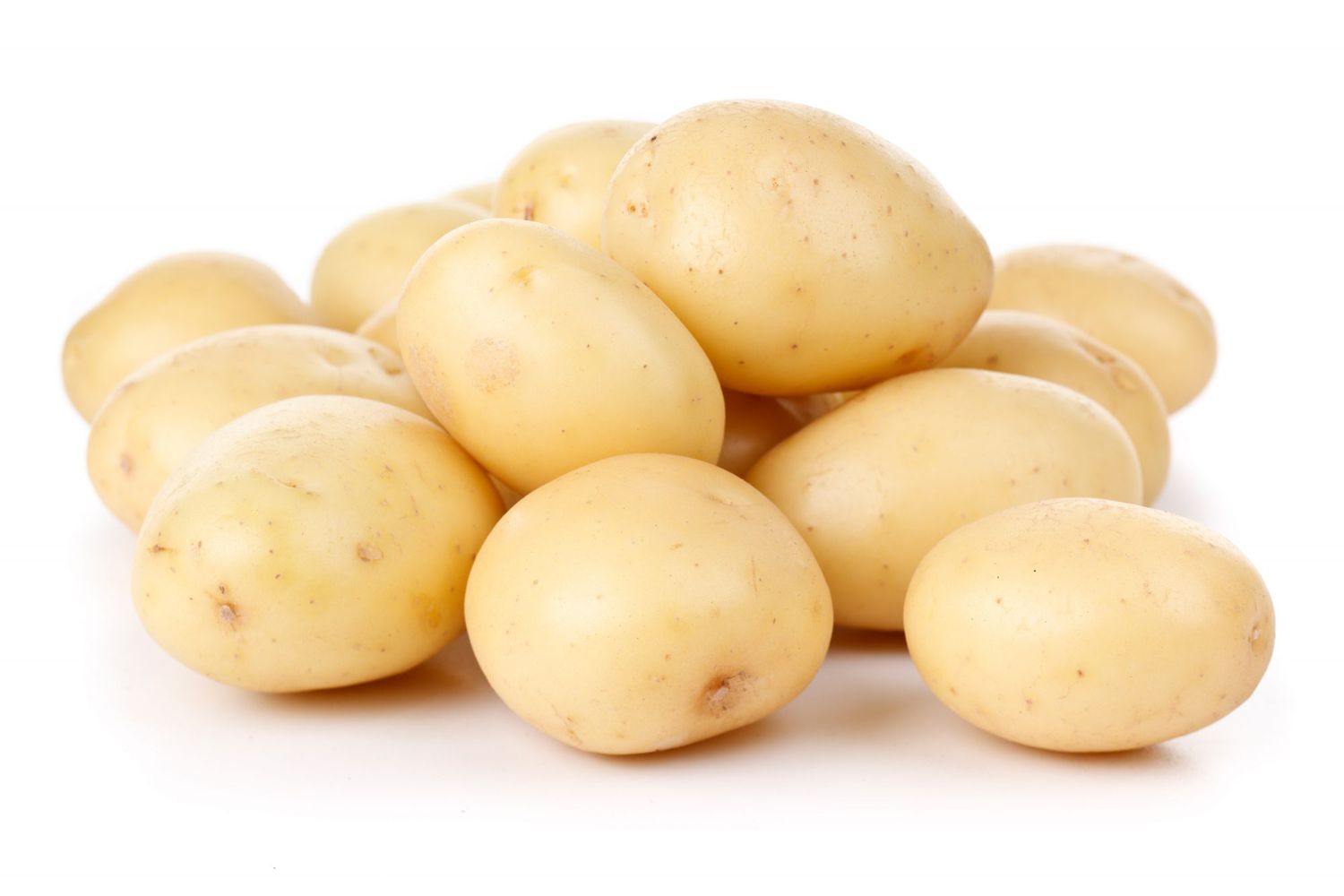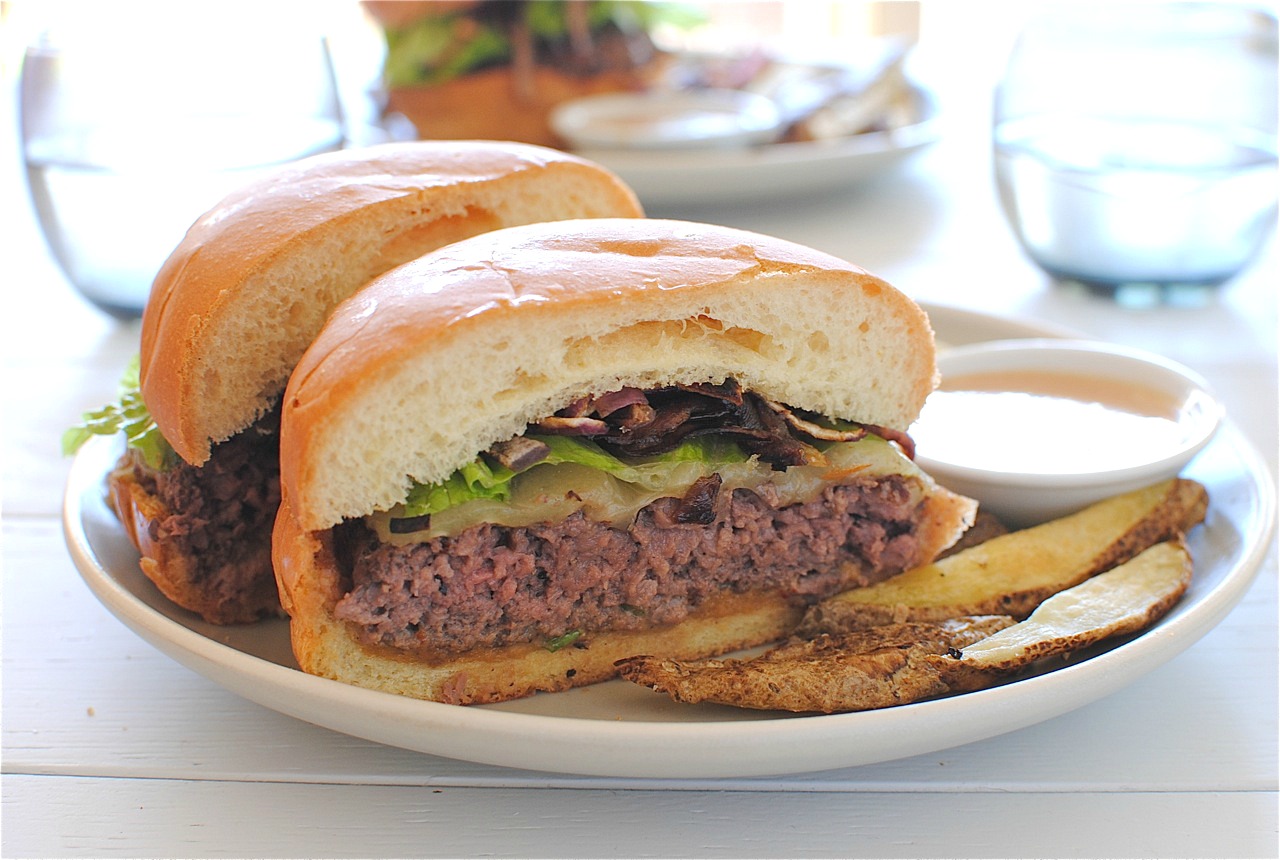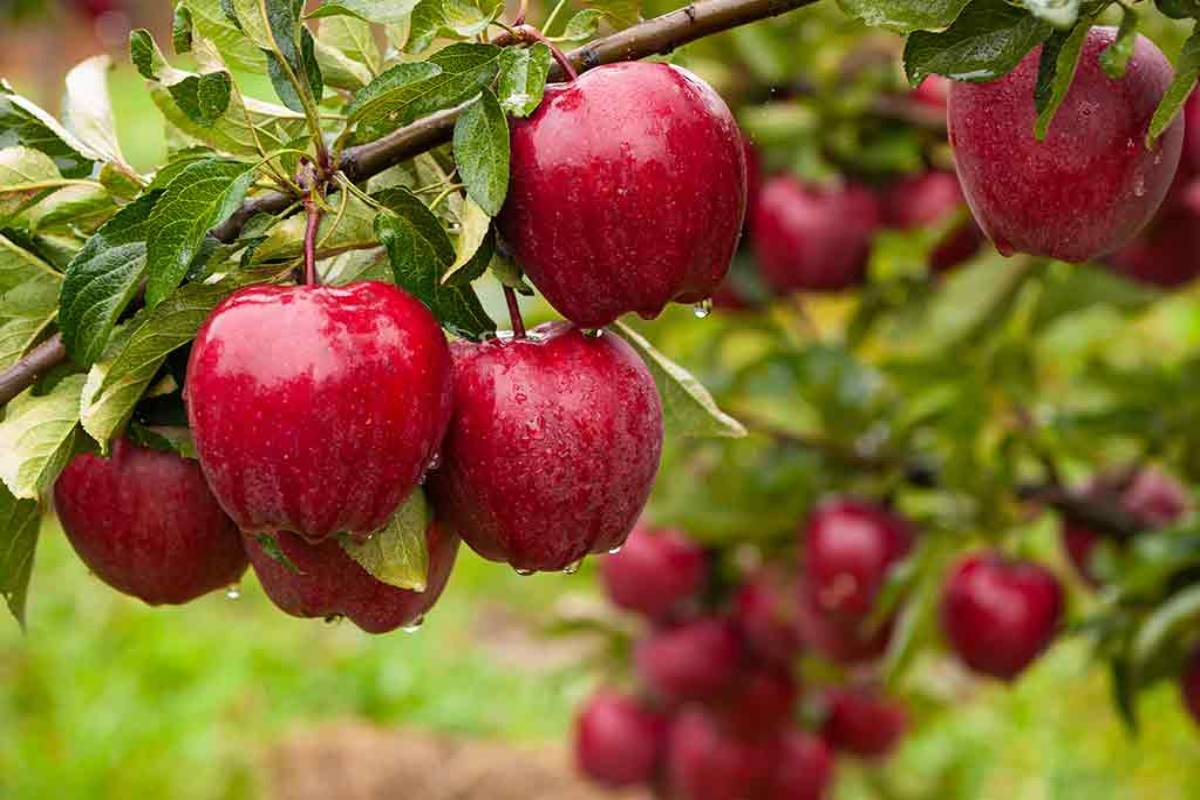Sugar-Free vs. Zero Sugar: Understanding the Difference
When it comes to making healthier choices, understanding the difference between sugar-free and zero sugar products is essential. Both options are designed to reduce sugar intake, but they are not the same. Let’s take a closer look at the disparities between these two types of products.
Sugar-Free Products
Sugar-free products are those that contain no added sugars. However, it’s important to note that they may still contain natural sugars that occur in ingredients such as fruits or dairy. When a product is labeled as sugar-free, it means that no additional sugars have been added during processing or production. Instead, sugar substitutes or alternative sweeteners may be used to provide a sweet taste without the use of traditional sugar.
Common sugar substitutes found in sugar-free products include:
- Stevia
- Aspartame
- Sucralose
- Erythritol
These sugar substitutes are often much sweeter than traditional sugar, so only small amounts are needed to achieve the desired level of sweetness in sugar-free products.
Zero Sugar Products
On the other hand, zero sugar products are exactly as they sound – they contain no sugar at all. This means that both added sugars and natural sugars are completely absent from these products. Zero sugar products are often sweetened using non-nutritive sweeteners, which means they do not contribute calories or carbohydrates to the diet.
Common non-nutritive sweeteners found in zero sugar products include:
- Monk Fruit Extract
- Allulose
- Tagatose
- Xylitol
It’s important to note that while zero sugar products do not contain sugar, they may still contain carbohydrates and calories from other sources, so it’s essential to check the nutrition label for a complete understanding of the product’s composition.
Which Option Is Better?
When it comes to choosing between sugar-free and zero sugar products, the best option depends on individual dietary needs and preferences. If you are looking to reduce your overall sugar intake, both options can be beneficial. However, if you are specifically trying to avoid all forms of sugar, including natural sugars, zero sugar products may be the better choice for you.
It’s important to remember that while sugar-free and zero sugar products can be helpful in reducing sugar consumption, they should still be consumed in moderation as part of a balanced diet. Additionally, it’s always a good idea to consult with a healthcare professional or a registered dietitian to determine the best options for your specific dietary needs.
In Conclusion
Understanding the difference between sugar-free and zero sugar products is crucial for making informed choices about your diet. Whether you opt for sugar-free or zero sugar options, being mindful of your overall sugar intake and making balanced choices is key to maintaining a healthy lifestyle.
By being aware of the distinctions between these two types of products, you can confidently select the options that align with your dietary goals and preferences.
Was this page helpful?
Read Next: What Is Soup?











